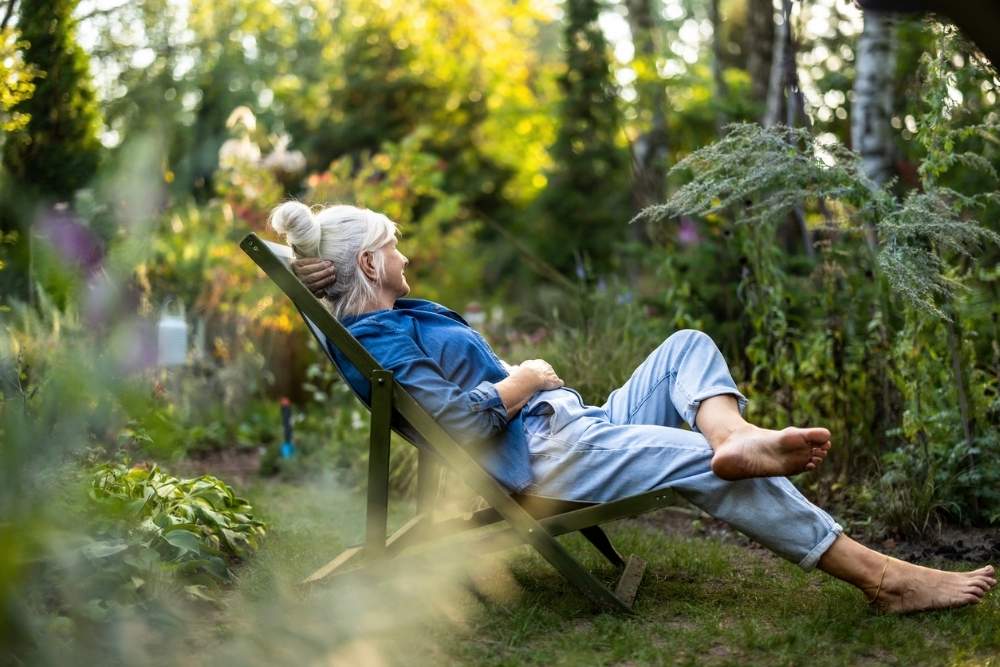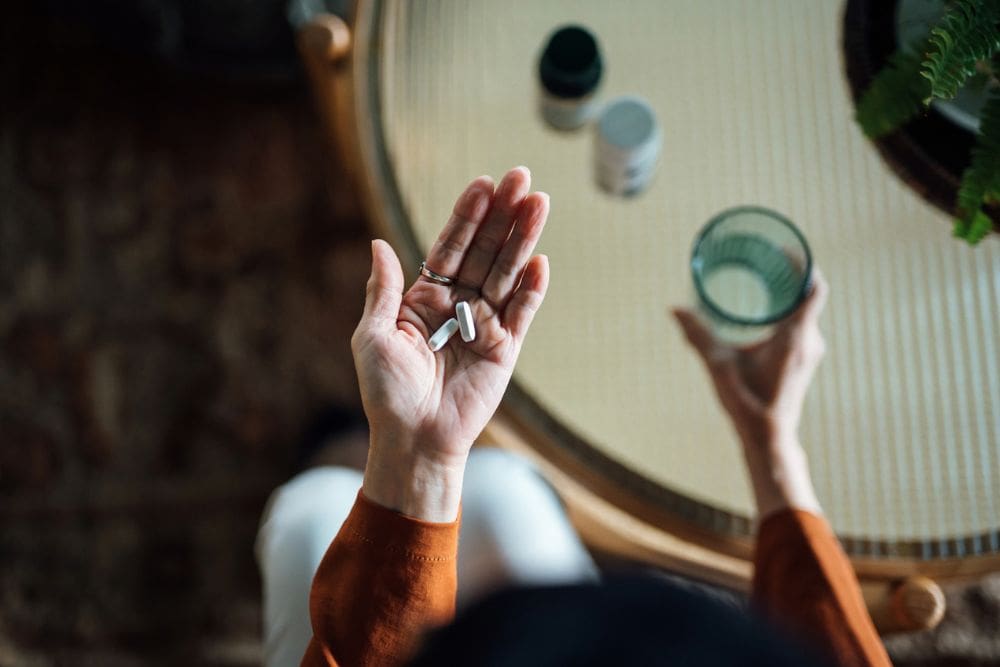Little Miss Sunshine debuted in 2006, and it told the story of one family’s dysfunction, redemption, and their young daughter Olive’s search for beauty and confidence.
(Watch out—spoiler alert!)
The character we care about here is Grandpa Edwin, played by Alan Arkin. On a family road trip from New Mexico to California, it becomes clear that Grandpa has a problem that’s gotten him kicked out of his retirement home: selling and using heroin. Sadly, the character overdoses in a hotel bathroom during a pit stop on the family trip.
Little Miss Sunshine is one of few modern movies—along with The Good House (2021)—that depicts senior substance abuse. The Good House follows a woman in her 70s played by Sigourney Weaver. Her alcoholism seems to be driven by isolation and boredom, two factors that push many older people to abuse substances.
According to the National Institute on Drug Abuse, as of 2018, over 1 million adults older than 65 reported a substance use disorder (SUD). This number is likely a low estimate: research shows that SUD in older people is underdiagnosed by medical professionals and underreported by those suffering from it. More alarmingly, the same symptoms that manifest in cases of dementia and Alzheimer’s can also appear with substance abuse, such as memory loss and lapses, issues with balance and falling; depression symptoms, and personality changes.
What’s Driving Substance Use Disorder (SUD) in Seniors?
One primary factor in the underreporting of SUD is that older adults often find themselves isolated socially from their peers and their family members. This makes it hard for others to observe addiction signs. In addition, many seniors take multiple medications, making prescription medication abuse a bit harder to gauge.
Overall, the transition from adulthood into the geriatric phase of life can be tough. It can be characterized by a reduced income, chronic pain, a decline in health and wellness that causes concern and anxiety, the deaths of friends and family members, loneliness, and stark physiological changes to the mind and body.
If you believe that a senior loved one may be suffering from addiction, it’s never too late to seek help. The first thing to do is become aware of what addiction looks like in seniors so that you can intervene early.
Top Signs of Substance Abuse in Senior Citizens
The signs of substance abuse in the elderly can vary depending on the type of drugs involved. As seen in the case of Grandpa Edwin, opioid abuse tends to show up in the following ways:
- Secretive behavior or disappearing/hidden medications
- Frequent filling of an opioid medication prescription
- Nausea, vomiting, tremors, sweats, or insomnia occur when the person doesn’t take their opioid-based medication
- A reduction in cognitive function, like slurring speech, nodding off, or a lack of verbal responsiveness
- Frequenting two or more pharmacies to refill opioid-based prescriptions
- If substances are injected with a needle, needle marks and bruises on the body may be present
In the case of Sigourney Weaver’s character in The Good House, alcoholism in seniors might look like frequent injuries, noticeably low alcohol tolerance, evidence such as empty alcohol containers, reduced cognitive function (this can overlap with opioid abuse), mood swings, and depression and anxiety symptoms.
Alcohol and opioids aren’t the only drugs that seniors abuse. Abuse of benzodiazepines, commonly referred to as benzos, can cause attention deficits, sleepiness, memory loss, and impaired speech and balance.
In terms of cocaine abuse, weight loss, insomnia, paranoia, an irritated nose, dilated pupils, and spikes of energy are all red flags. Marijuana abuse, on the other hand, might cause bloodshot eyes, balance impairment, memory loss, and lethargy.
Get Recovery Education in Iowa With St. Gregory Recovery Center
If you suspect that your elderly loved one is suffering from drug or alcohol abuse, you can contact us to learn more about the best steps to take and whether our well-equipped intensive outpatient program would be appropriate. We can also provide resources for learning more about SUD and how to treat it. Remember: you’re not alone. St. Gregory is here for you and your family no matter the severity of the addiction you’re dealing with.




